
NO&T Thailand Legal Update
As we will continue to do, we would like to summarize updates with respects to the Board of Investment of Thailand’s (the “BOI”) material investment promotion packages and conditions from time to time.
Please find below our summary of the updates occurring during the 1st and 2nd quarter of 2022.
To allow small companies and startups to be eligible for activity 7.35: Electric vehicle charging stations, the BOI removed some burdensome requirements as follows:
Therefore, as a result of such amendment, the projects will be able to receive additional incentives from other authorities and will no longer have to comply with the ISO requirement.
In addition, the BOI has added the following conditions:
Regarding the tax incentives, the BOI has added an alternative tax incentive scheme for the case where a project cannot meet the minimum requirement for the number of chargers※2, under which the project will obtain a three (3)-year CIT※3 exemption instead.
In principle, the BOI will grant a 90% reduction of import duties on raw and essential materials to the applicant for the maximum period of two (2) years according to Section 30 of the Investment Promotion Act of 1979. Under this amendment, the BOI has further granted an additional three (3)-year reduction, resulting in a five (5)-year reduction in total for both existing and new projects. However, it will apply only to projects involving cell and module production processes.
Other material conditions and incentives will be further published in the official announcement.
Formerly, in order to be eligible for the activity of smart industrial estates or zones, the BOI required the project to provide the mandatory smart system services in seven (7) key sectors, i.e., Smart Facilities, Smart IT, Smart Energy, and Smart Economy, Smart Good Corporate Governance, Smart Living, and Smart Workforce. According to the amendment, the BOI has relaxed such requirement to having at least five (5) key smart systems, which must comprise four (4) mandatory sectors, i.e., Smart Facilities, Smart IT, Smart Energy, and Smart Economy, and at least one of the following three (3) optional smart systems, i.e., Smart Good Corporate Governance, Smart Living, and Smart Workforce.
Other material conditions and incentives will be further published in the official announcement.
Previously, the manufacture of natural extracts or products from natural extracts, which is eligible for the BOI promotions, did not cover products such as medicine, soap, shampoo, toothpaste, and cosmetics. Based on the recent amendments, the BOI has removed such condition and has extended the scope of the product coverage to cover herbal medicines, food supplements, cosmeceuticals, and other products which use herbs as raw materials.
In this regard, the BOI has revised the scope of activity 1.11.1: Manufacture of natural extracts, or products produced from natural extracts in a continuous manner within the same project and added the new conditions as follows:
The tax incentives will remain unchanged in the case where the project will be entitled to an eight (8)-year CIT exemption.
The tax incentives will remain unchanged where the project will be entitled to a five (5)-year CIT exemption.
In addition, the BOI has added new conditions for activity 1.11.2: Manufacture of products from natural extracts without use of the extraction processed for natural raw materials as follows:
Regarding the tax incentives, the BOI has extended the additional tax incentive to a five (5)-year CIT exemption※7.
The following activities have been added as new businesses eligible for the BOI promotions:
| Eligible activities | Material conditions and incentives |
|---|---|
| Digital trade center for agricultural products※8 |
|
| Agriculture-food industrial estate or industrial promotion zone※9 |
|
| Development of smart systems for use in industrial estates or smart industrial zones※10 |
|
The BOI restored the measure allowing BOI-promoted foreign companies to own land for using as the office of the project and the residence of executives and foreign experts, including the residence of employees, to further facilitate the business operations of foreign investors in Thailand – which previously expired on 31 December 2017. Basically, the main conditions, as follows, are almost the same as its predecessor measures:
Other material details and conditions will be further published in the official announcement.
Should you require further details of any measures, or wish to receive further updates, please feel free to contact us.
*1
BOI Announcement No. Sor.2/2565 dated 9 June 2022
*2
The previous requirement only applied to projects involving at least 40 quick chargers, 25% of which are DC type of the total chargers using in the project, which will be entitled to a five (5)-year CIT exemption.
*3
“CIT” means Corporate Income Tax.
*4
The resolution of the BOI dated 13 June 2022
*5
Ibid.
*6
BOI Announcement No. Sor.1/2565 dated 18 March 2022
*7
The previous tax incentives under activity 1.11.2: Manufacture of products from natural extracts without use of the extraction processed for natural raw materials did not provide any CIT exemption.
*8
BOI Announcement No. Sor.1/2565 dated 18 March 2022
*9
BOI Announcement No. Sor.1/2565 dated 18 March 2022
*10
The resolution of the BOI dated 13 June 2022
*11
Ibid.
This newsletter is given as general information for reference purposes only and therefore does not constitute our firm’s legal advice. Any opinion stated in this newsletter is a personal view of the author(s) and not our firm’s official view. For any specific matter or legal issue, please do not rely on this newsletter but make sure to consult a legal adviser. We would be delighted to answer your questions, if any.
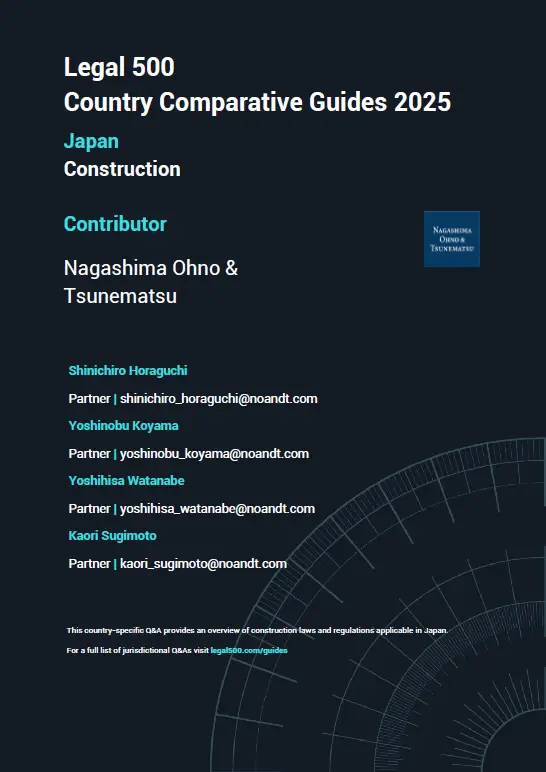

(April 2025)
Shinichiro Horaguchi, Yoshinobu Koyama, Yoshihisa Watanabe, Kaori Sugimoto (Co-author)
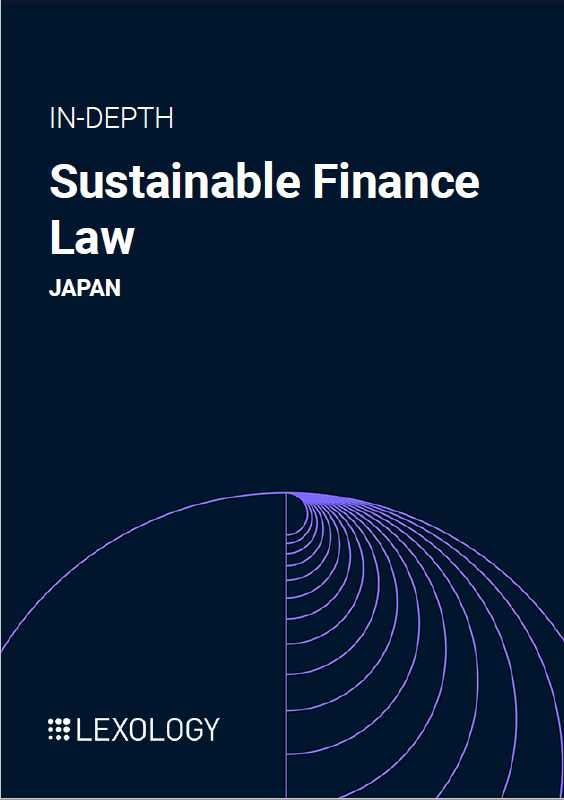

(December 2024)
Hiromi Hattori, Yuichi Miyashita (Co-author)


Yuan Yao Lee


Hoai Tran


Yuan Yao Lee


Hoai Tran


(November 2024)
Rintaro Hirano, Koichiro Yoshimura, Yoshimune Muraji (Co-author)
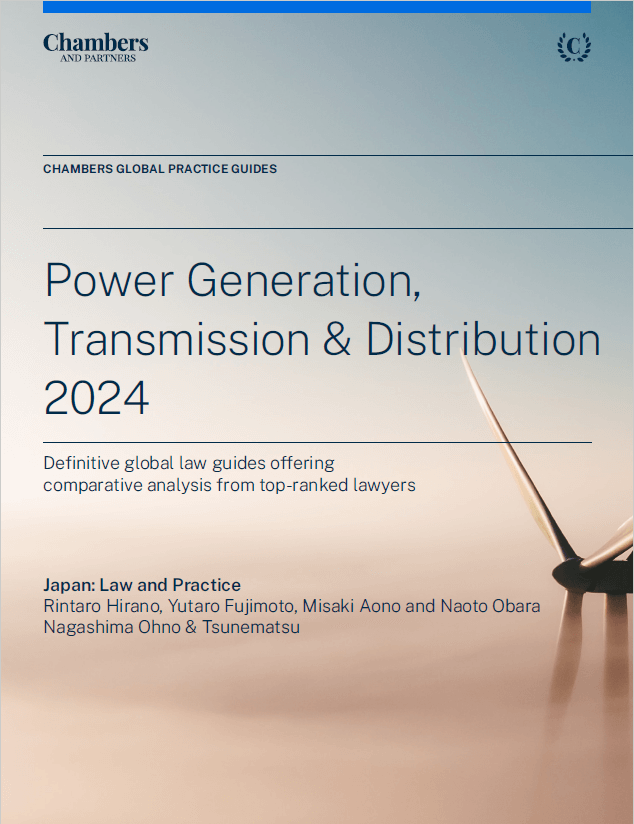

(August 2024)
Rintaro Hirano, Yutaro Fujimoto, Misaki Aono, Naoto Obara (Co-author)
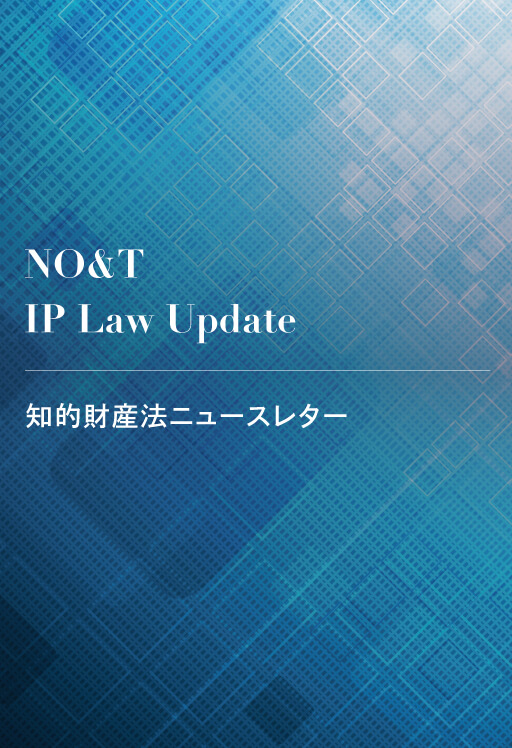

Kenji Tosaki, Takahito Hirayama (Co-author)


Kenji Tosaki, Nozomi Kato (Co-author)
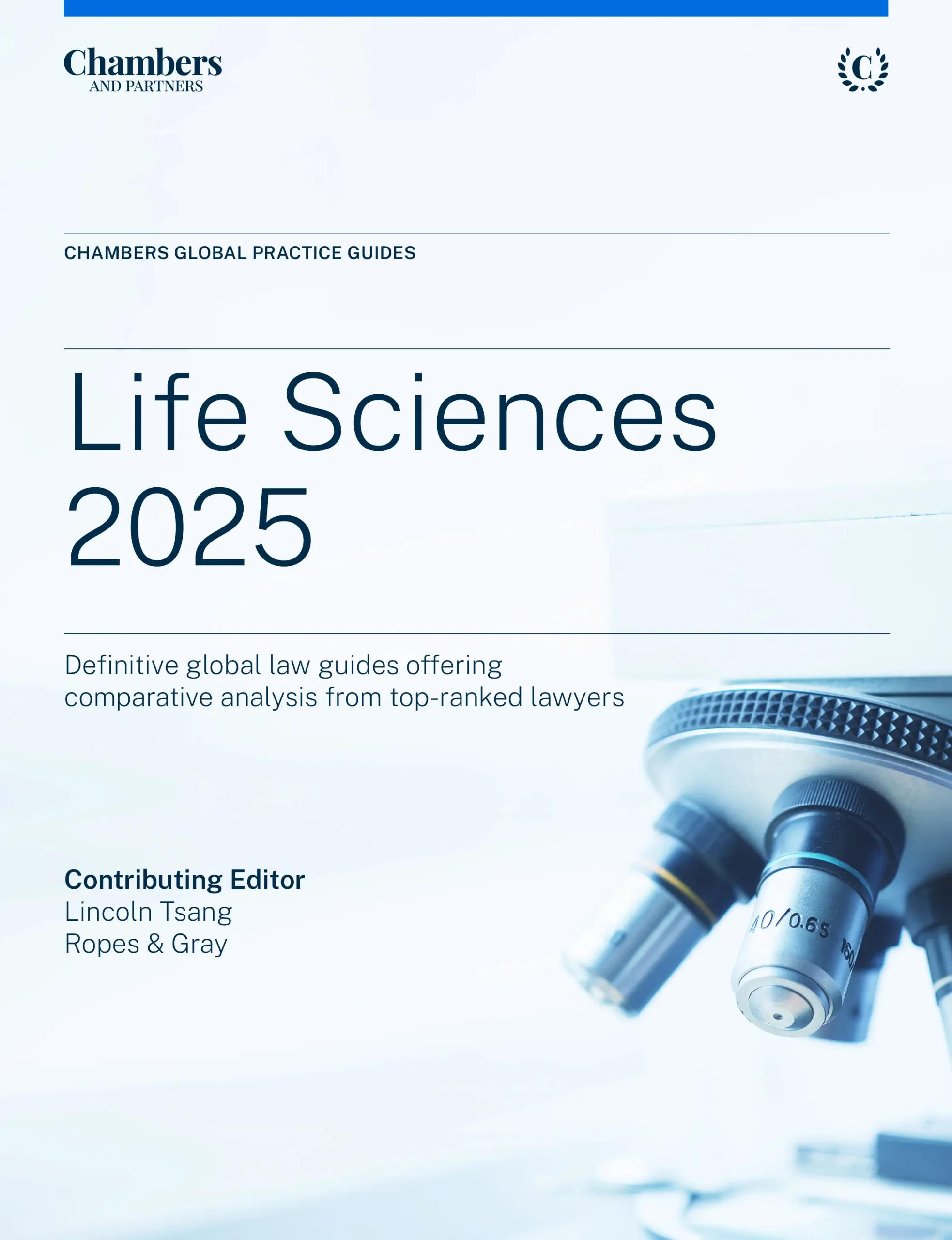

(April 2025)
Kenji Utsumi, Kensuke Suzuki (Co-author)


Kenji Tosaki, Masato Kumeuchi, Soichiro Unami (Co-author)


Kenji Tosaki, Takahito Hirayama (Co-author)


Kenji Tosaki, Nozomi Kato (Co-author)


(April 2025)
Kenji Utsumi, Kensuke Suzuki (Co-author)


Kenji Tosaki, Masato Kumeuchi, Soichiro Unami (Co-author)
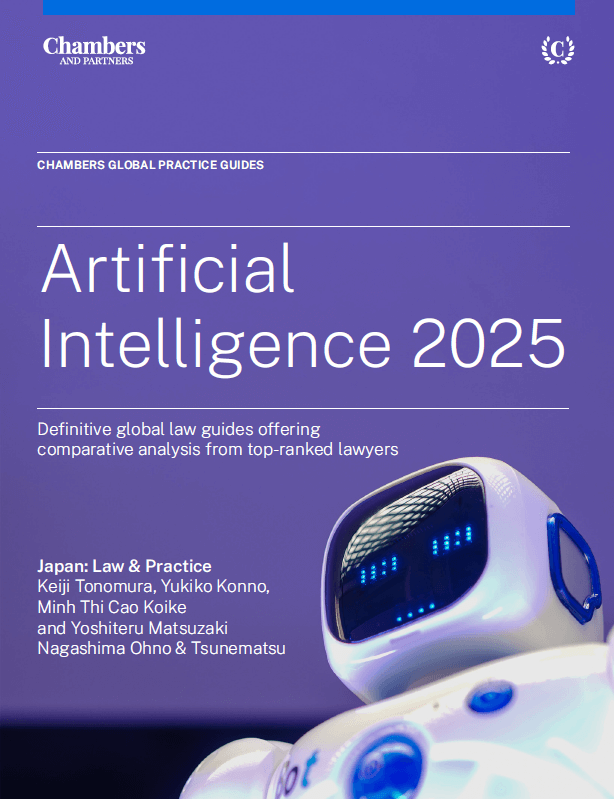

(June 2025)
Keiji Tonomura, Yukiko Konno, Minh Thi Cao Koike, Yoshiteru Matsuzaki (Co-author), Masahiro Kondo (Contributor)


(April 2025)
Keiji Tonomura, Akira Komatsu (Co-author)
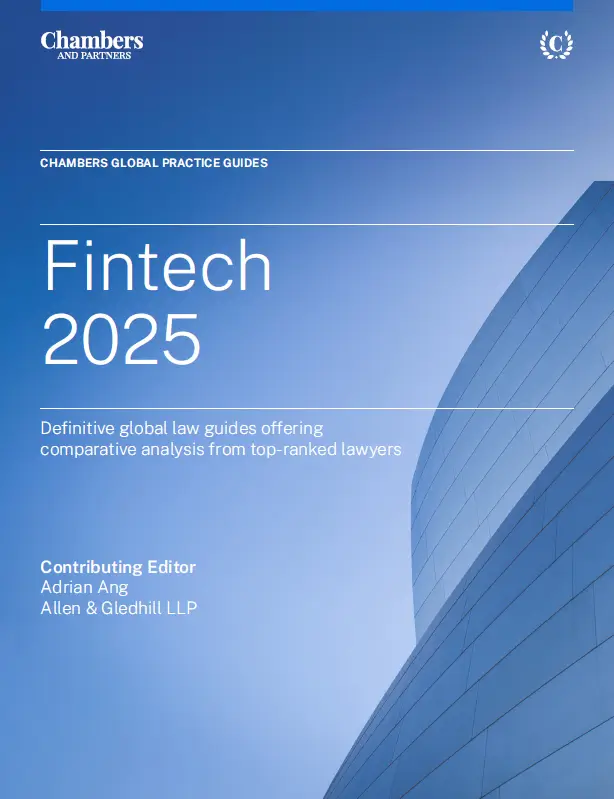

(April 2025)
Keiji Tonomura, Shu Sasaki, Kazuyuki Ohno, Otoki Shimizu (Co-author)


Poonyisa Sornchangwat, Kwanchanok Jantakram (Co-author)


Kenji Tosaki, Takahiro Hatori, Nozomi Kato (Co-author)


Salin Kongpakpaisarn, Pundaree Tanapathong (Co-author)
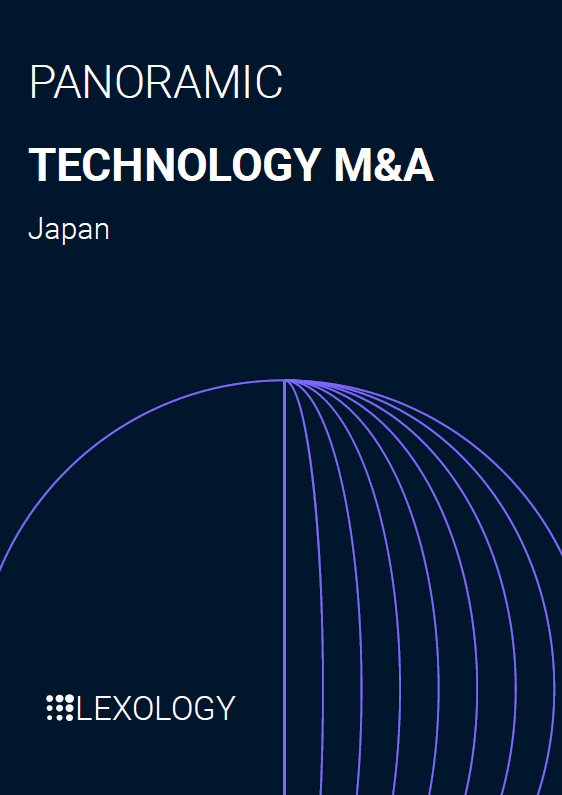

(November 2024)
Keiji Tonomura, Masaki Mizukoshi, Uchu Takehara, Hitomi Kono (Co-author)


(October 2024)
Yasushi Kudo, Tsubasa Watanabe, Hayato Maruta (Co-author)


(June 2025)
Keiji Tonomura, Yukiko Konno, Minh Thi Cao Koike, Yoshiteru Matsuzaki (Co-author), Masahiro Kondo (Contributor)


Yuan Yao Lee
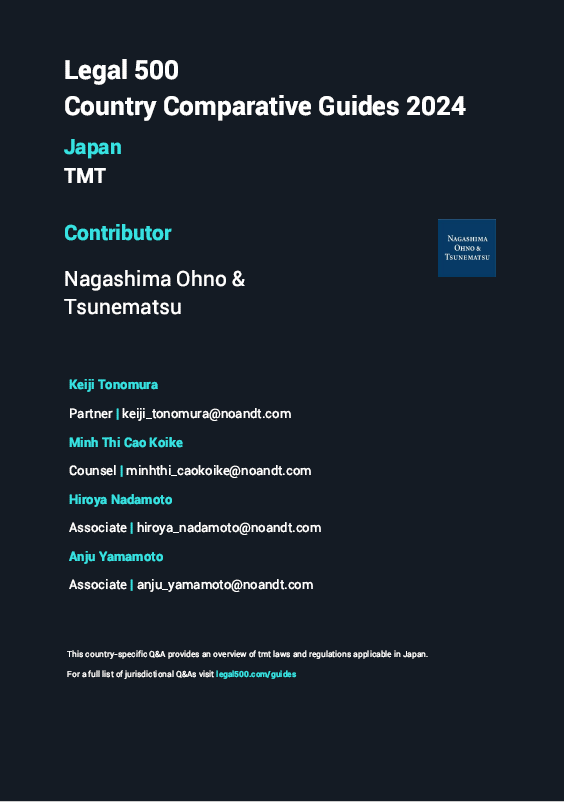

(August 2024)
Keiji Tonomura, Minh Thi Cao Koike, Hiroya Nadamoto, Anju Yamamoto (Co-author)
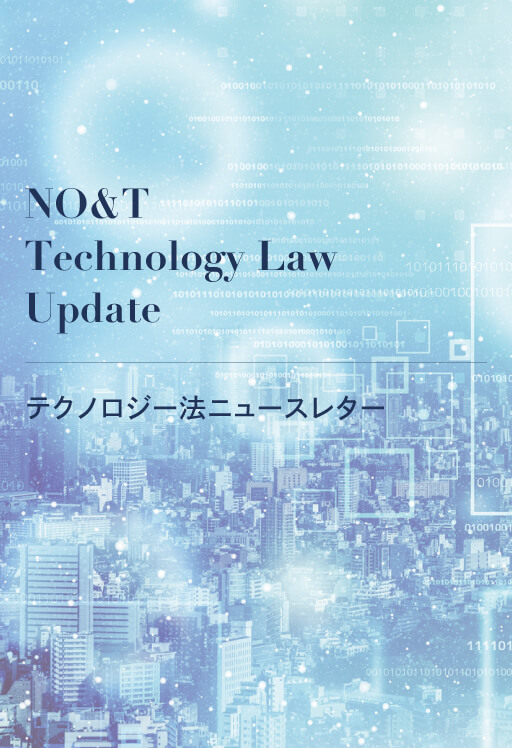

Keiji Tonomura, Akira Komatsu, Chie Komiya, Simon Clemens Wegmann (Gleiss Lutz) (Co-author)


Patricia O. Ko


Ngoc Hoang


Yuan Yao Lee


Chattong Sunthorn-opas, Thunsinee Sungmongkol (Co-author)


Patricia O. Ko


Ngoc Hoang


Yuan Yao Lee


Chattong Sunthorn-opas, Thunsinee Sungmongkol (Co-author)


Chattong Sunthorn-opas, Thunsinee Sungmongkol (Co-author)


Yothin Intaraprasong, Yosuke Konno, Naruenad Charoenpakdee (Co-author)


Poonyisa Sornchangwat, Kwanchanok Jantakram (Co-author)


Yothin Intaraprasong, Chattong Sunthorn-opas, Thunsinee Sungmongkol (Co-author)